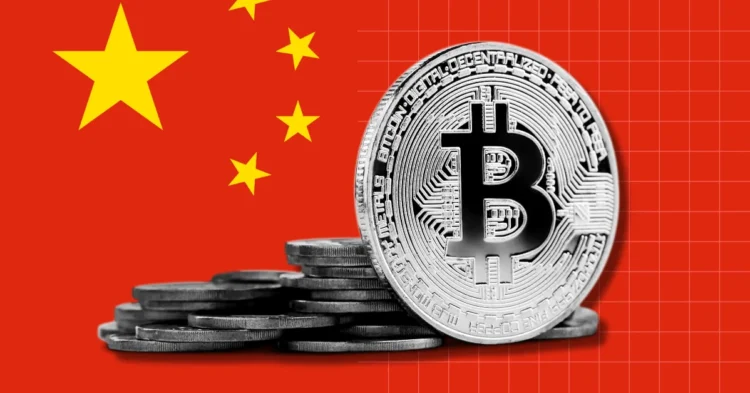As the United States accelerates its efforts to become a global leader in the cryptocurrency sector, China might find itself under increasing pressure to reconsider its stringent crypto policies. Should China decide to relax its ban on cryptocurrencies, the global market could experience significant changes, potentially unlocking new opportunities for investment and adoption throughout Asia. While a complete policy reversal remains uncertain, industry experts like Xiao Feng, CEO and Chairman of the Hong Kong-based HashKey crypto exchange, suggest that a shift in China’s crypto landscape is becoming more plausible. This is especially relevant as major economies strive to harness the growth potential of the cryptocurrency sector.
Is the Trump Effect Influencing China?
The election of Donald Trump as President of the United States has sparked considerable interest in the cryptocurrency industry. Trump’s pro-crypto stance has led to Bitcoin reaching unprecedented heights of $93,000 and has pushed the global crypto market cap beyond the $3 trillion mark. This phenomenon, often referred to as the “Trump effect,” stems from the anticipation that his policies will reduce regulatory challenges for cryptocurrencies in the U.S., possibly prompting other countries, including China, to reevaluate their restrictive approaches.
Xiao Feng notes, “If the U.S. Congress and the president establish clear crypto policies, it could serve as a catalyst for China to embrace cryptocurrencies.” Despite the current ban on crypto trading and mining in China, Feng believes that international developments, such as U.S.-led sanctions on Russia, might compel China to reconsider its stance. Rather than delaying for five or six years, China could potentially begin integrating crypto within two years due to these external pressures.
Moreover, China’s recent economic initiatives, which involve heightened debt issuance and increased support for low-income citizens, have fueled speculation about a potential shift in crypto policy. Some analysts interpret these measures as a sign that China might eventually ease its crypto restrictions. This economic transformation, coupled with expected regulatory clarity in the U.S., could result in a more flexible regulatory environment for crypto in China over the next few years.
Crypto Market Reaction
In the aftermath of the U.S. elections, the cryptocurrency market has witnessed a significant uptrend. Bitcoin’s surge to a new all-time high of $93,000 and the rising value of altcoins reflect growing confidence in the crypto sector. This positive momentum may further encourage China to revisit its crypto policies. According to the HashKey CEO, China might begin to relax its crypto restrictions within the next two years, aligning with the global bullish trend.
Feng’s observations come on the heels of Trump’s recent commitments to bolster the digital asset industry. During his campaign, Trump pledged to protect crypto businesses by removing SEC Chair Gary Gensler and dismantling restrictive policies. He also suggested that the U.S. might retain its seized Bitcoin rather than selling it, indicating a robust pro-crypto position. Feng believes that this shift in U.S. policy could act as a “driving force” prompting China to open its market to digital assets in the foreseeable future.











